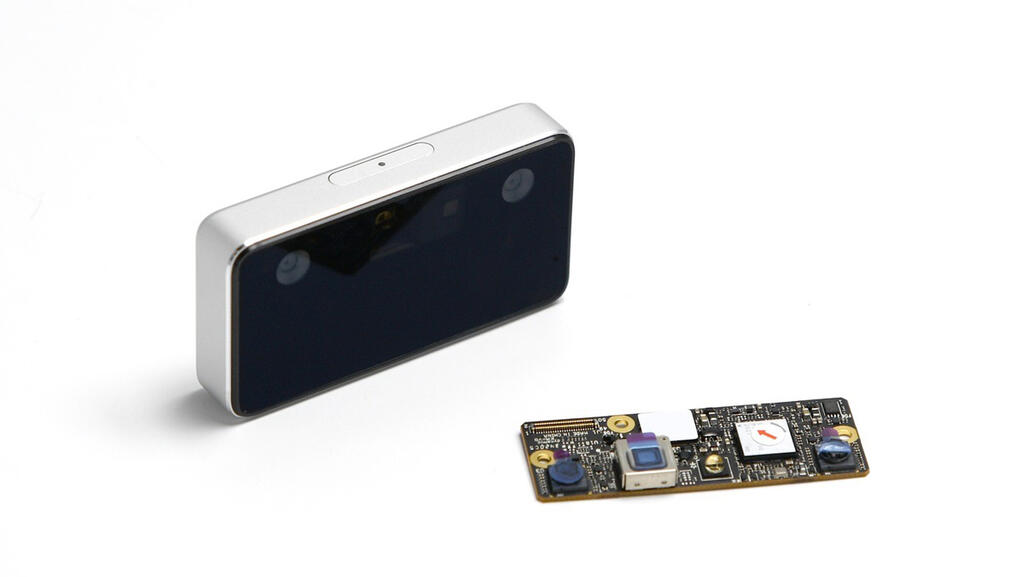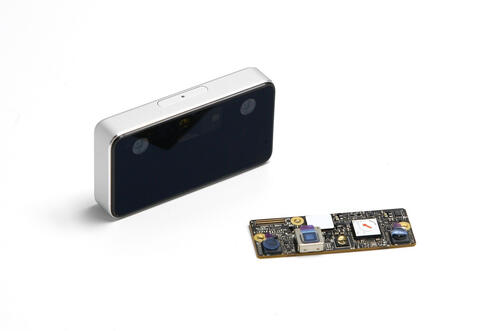
RealSense splits from Intel, closes $50 million round to scale robotics business
Majority-Israeli team builds on tech enabling robots to “see” their surroundings.
Israeli computer vision technology company RealSense has completed its spin-off from Intel, which began last January, by raising $50 million in fresh funding. The move makes RealSense an independent company, separating it from its former status as a division of the chip giant.
The funding round is aimed at accelerating RealSense’s expansion into the rapidly growing robotics sector. Investors include Intel Capital, Intel’s investment arm, the innovation fund of chipmaker MediaTek, and other strategic backers.
RealSense aims to capitalize on surging demand for computer vision sensors, key components that help robots navigate and understand complex environments.
Most of the company’s roughly 100 employees are based in Israel. Nadav Orbach serves as CEO, while Guy Halperin head R&D and manages the company’s local operations.
RealSense develops cameras that enable machines and devices to perceive the world in 3D, giving them depth vision and the ability to interpret and interact with their surroundings. According to the company, it currently serves about 3,000 active customers worldwide.
RealSense’s newest camera, the D555, can transmit power and data via a single cable and features built-in AI capabilities.
The company says its depth cameras are embedded in 60% of the world’s autonomous mobile robots and humanoids, with clients including China’s Unitree Robotics and Switzerland’s ANYbotics.
In addition to robotics, RealSense is expanding into security systems that use facial recognition, leveraging its proprietary software for mapping environments and identifying faces.
Related articles:
While RealSense manufactures primarily in Thailand and elsewhere in Asia, its headquarters and core business operations remain in the U.S. and Israel. Orbach said the company is open to a future IPO or acquisition but is currently focused on long-term growth.
Intel had announced plans in 2021 to shut down the RealSense operation but ultimately chose to continue its activities discreetly. At the time, Intel said it was transitioning its “computer vision talent, technology, and products to focus on advancing innovative technologies that better support our core businesses and IDM 2.0 strategy.” The announcement came two weeks after Sagi Ben Moshe, the Israeli head of the division, revealed he was leaving the company.
“We’re excited to build on our leadership position in 3D perception in robotics and see scalable growth potential in the rise of physical AI,” said Nadav Orbach, CEO of RealSense. "Our independence allows us to move faster and innovate more boldly to adapt to rapidly changing market dynamics as we lead the charge in AI innovation and the coming robotics renaissance.
“Our mission is to enable the world to integrate robotics and AI in everyday life safely,” added Orbach. “This technology is not about replacing human creativity or decision-making — but about removing danger and drudgery from human work. Our systems are built to amplify human potential by offloading these types of tasks to machines equipped with intelligent, secure and reliable vision systems.”
